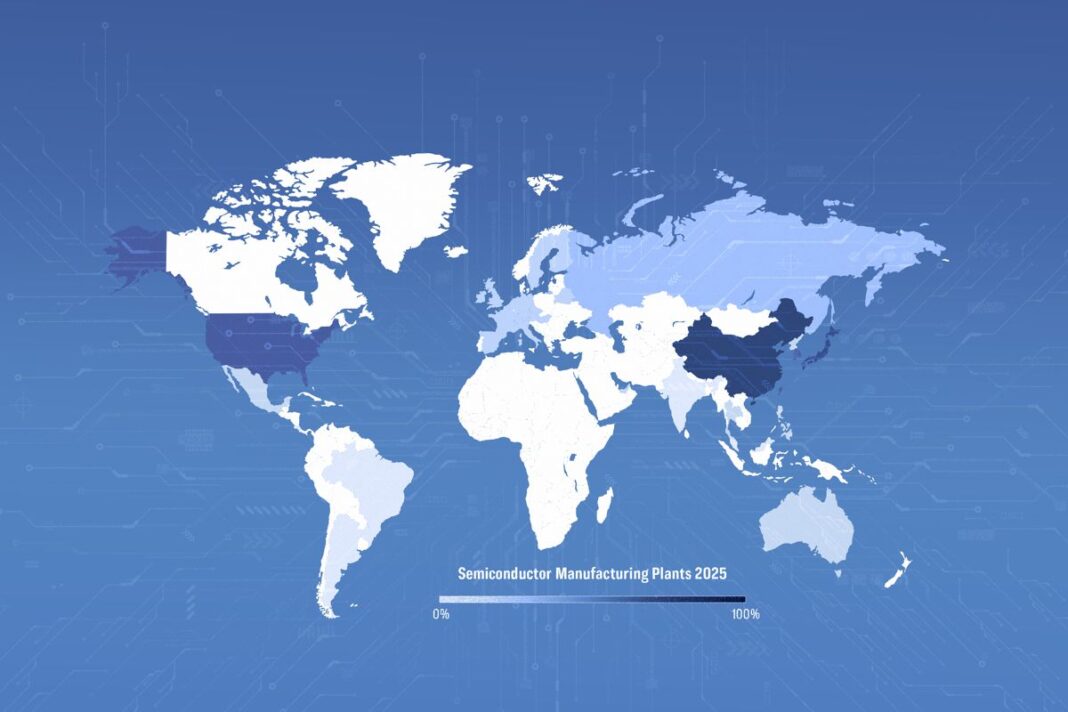What exactly are semiconductors? Why are they so important? And why is the United States so keen to keep them out of China’s reach?
President Donald Trump has ordered an investigation into national security risks posed by the import of semiconductors, the equipment used to build them, and the products that use them.
The public comment period for the investigation ended on May 7, and the Commerce Department will have up to 270 days to offer the president its recommendations on what actions to take to secure the semiconductor supply chain.
A key goal of the probe is to assess the potential for building out a domestic semiconductor manufacturing capability to meet U.S. demand for advanced computer chips and understand the role of foreign manufacturing capabilities in supporting that goal.
The United States is a significant producer of semiconductors and currently manufactures about 12 percent of the world’s chips. But it relies heavily on imports from Taiwan and South Korea for advanced chips, such as those used to create artificial intelligence (AI).
What’s more, the United States has steadily lost its share of global semiconductor manufacturing over the years, as American companies have turned more to design and research while offshoring the manufacture of chips.
That has placed the United States in a precarious position, in which it has become overwhelmingly reliant on just two international partners for its supply of the advanced semiconductors required to fuel innovative technologies, from consumer goods to defense articles.
The investigation will also inform the administration on how best to curb exports of American-designed chips to communist China, whose market share of semiconductor manufacturing and related products is rapidly rising.
What exactly are semiconductors? Why are they so important? And why is the United States so keen to keep them out of China’s reach?
Semiconductors
Semiconductors are the foundation of virtually all modern electronic devices, from pickup trucks to cell phones, refrigerators, and hypersonic missiles.
Often made out of silicon and germanium, they are crucial for building electronic components because of their unique ability to conduct electricity under certain conditions while not conducting electricity under other conditions.








